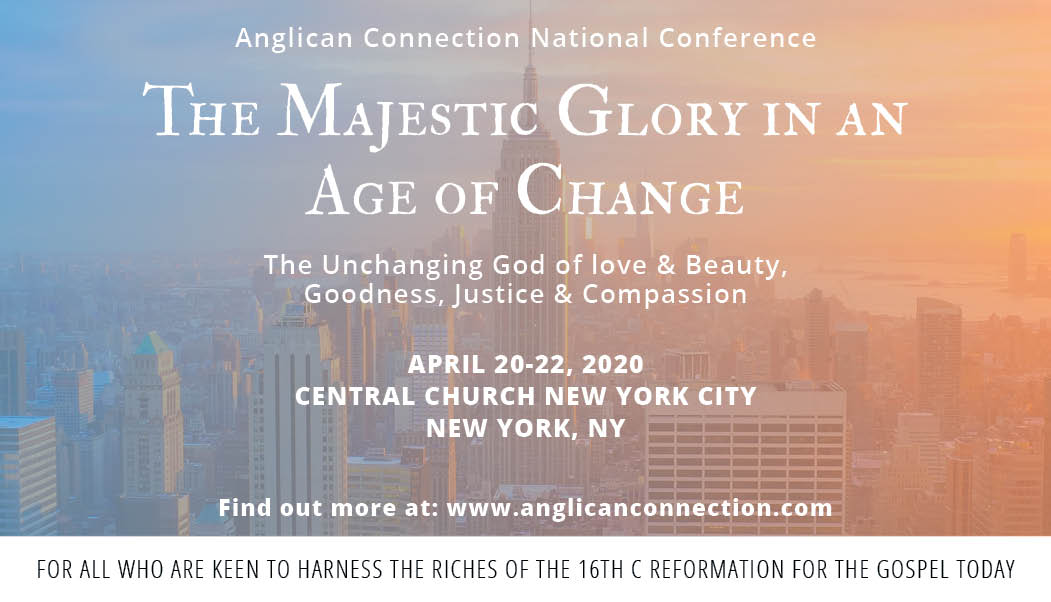
‘Ash Wednesday’
Introduction.
Today is known in the church calendar as Ash Wednesday – the first day of Lent. Traditionally it is an important time of preparation for the events that we remember and celebrate at Easter – ‘The Last Supper’, Jesus’ crucifixion (Good Friday) and his resurrection (Easter Day).
In the northern hemisphere it is a time of seasonal change from the darkness of winter to the delights of longer days and the new life of spring. Many of God’s people use it as a special time to reflect on what God has done for us to bring us from the winter of life without him, to the new life he holds out to us in Jesus Christ through the events of the first Good Friday and Easter Day.
Some find it helpful to make Lent a time of going without (fasting), enabling them to be more focused on their relationship and life with the Lord Jesus Christ. Lent begins with Ash Wednesday and continues through to the day before Easter.
Doubts.
That said, do you ever have doubts about your faith? The world is full of ideas about where we find the meaning of life. Richard Dawkins and others tell us that physics will explain the universe. Books about mysticism and eastern religion tell us of the advantages of meditation and spiritual experiences. And there are work colleagues who tell us to forget all the religious nonsense and to come and have a drink with them.
People are full of ideas and they often try to persuade us with their views. Some will ask us: ‘You don’t go to church do you?’ Others will insist: ‘Religion is at the core of the world’s problems’.
The Real Problem.
Writing in his Letter to the Colossians the Apostle Paul says: And you, who were dead in trespasses and the uncircumcision of your flesh, God made alive together with him, having forgiven us all our trespasses, having cancelled the bond which stood against us with its legal demands; this he set aside, nailing it to the cross. He disarmed the principalities and powers and made a public example of them, triumphing over them in him (Colossians 2:13-15).
The Bible sees history as divided into two great eras. Before Jesus came there was the present age — ‘the world.’ Now that Jesus has come a new era has begun — ‘the age to come’ or ‘the kingdom of God’. God was in sovereign control of the first era, but it was a world of bondage, in the grip of the elemental principles of the natural world. We were captive to laws we couldn’t keep and, even when God’s law was revealed, we found we couldn’t keep it. Furthermore, we found we were in bondage to a supernatural prosecuting power – Satan.
This supernatural power has set himself up as the prosecutor for our failures. And such is the nature of our failures to love God and to love our neighbors that God that must condemn us. As a result, we are subject to death because our transgressions are, in God’s eyes, a capital offence. Moreover Satan, being the implacable prosecutor that he is, insists that the penalty must be paid. And so, what seems an irony, God in his justice cannot refuse Satan’s demands for our life.
C.S. Lewis captures these elements in The Lion, The Witch and the Wardrobe. Because Edmund betrayed Aslan the white witch demanded Edmund’s life. ‘He has broken the laws of the deep,’ she shrieks. ‘His life is forfeit.’
This is the natural condition of every man and woman in this world – the present age. There are laws we cannot keep, we are in the power of spiritual forces we can’t defeat, and we are en route to a grave we can’t avoid. This is what Paul means by captivity.
Liberty.
But then came Jesus. At a single stroke he smashed the bars of the spiritual prison of the old age. He paid the moral debt of the laws we couldn’t obey. Furthermore, he disarmed the demonic powers that we couldn’t overcome. As for the death we couldn’t escape, he abolished it. For when you were dead in your sins, he made you alive with the risen Christ, Paul writes.
How is this extraordinary freedom achieved? Paul tells us twice so that we don’t miss it: By the cross. In verse 14 he says that God took it away, nailing it to the cross of Christ … And in verse 15 he says that God triumphed over them by the cross. For Paul, the world that was, gave way to a new and everlasting world.
The Cross.
The Cross is where Jesus paid the death penalty for this sinful human race, turning our captivity into the glorious liberty of the children of God. The invoice, the bill of debt? It’s nailed to the cross stamped, ‘Paid in Full’. The demonic forces who held us in their control? ‘They are publicly humiliated’, declares Paul.
The cross of Jesus Christ lies at the heart of the season of Lent. Indeed, Lenthelps us to re-set our relationship with Christ and enable us to re-frame our lives throughout the year.
Prayer.
Almighty and everlasting God, you hate nothing that you have made, and you forgive the sins of all who are penitent: create and make in us new and contrite hearts, so that we, lamenting our sins and acknowledging our wretchedness, may obtain from you, the God of all mercy, perfect remission and forgiveness; through Jesus Christ our Lord. Amen. (BCP, Ash Wednesday – adapted)
Suggested Reading – Colossians 2:8-15

